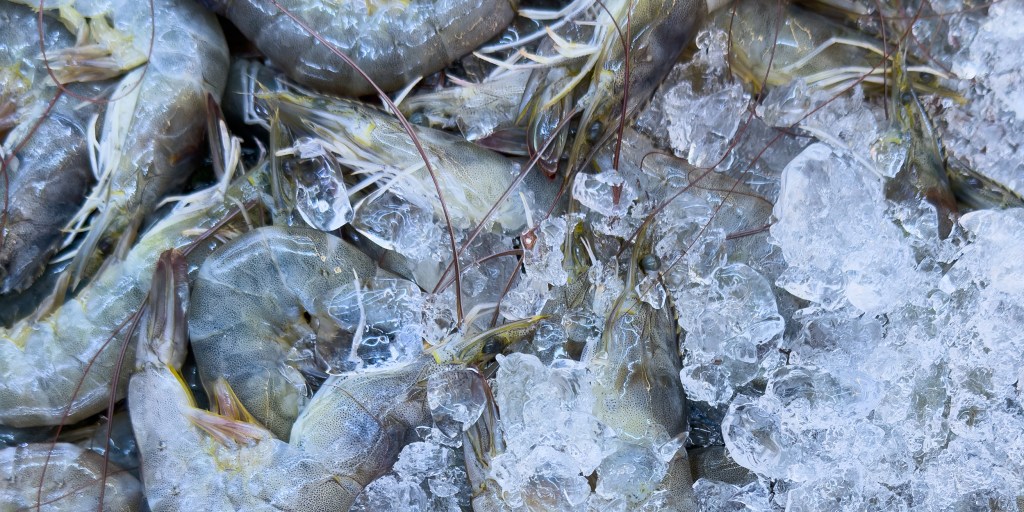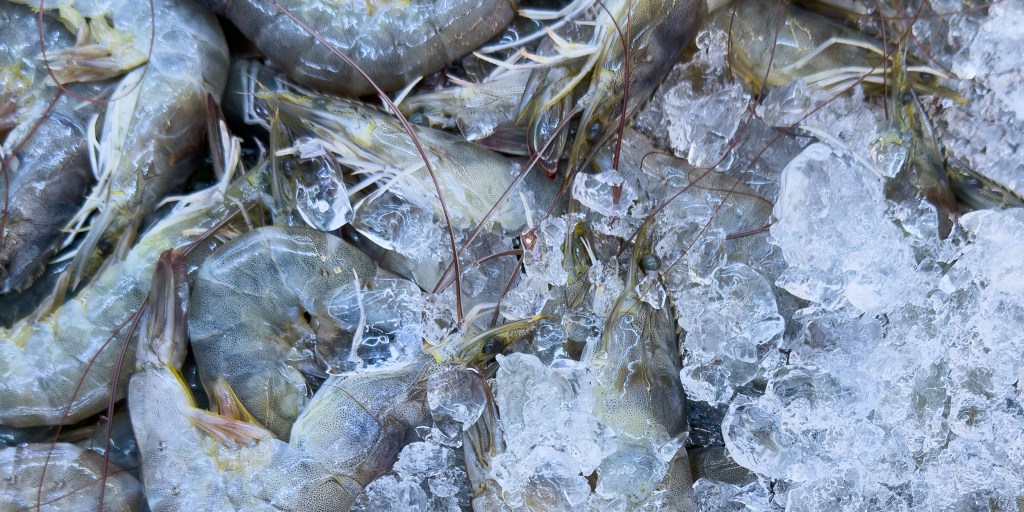
Frozen Shrimp Recalled Due to Radioactive Contamination Concerns
In a concerning development, Southwind Foods, a seafood company based in California, has initiated a voluntary recall of several of its frozen shrimp products. This action follows the discovery of potential radioactive contamination, specifically exposure to Cesium-137 (Cs-137). The Food and Drug Administration (FDA) announced the recall, highlighting the risks associated with this radioactive substance. The recall is a precautionary measure, and consumers are advised to take appropriate action if they have purchased the affected products. The potential exposure of the shrimp to Cs-137 raises significant health concerns, prompting the FDA to investigate the source and extent of the contamination. This situation underscores the importance of food safety regulations and the vigilance required to protect public health.
The recall encompasses a limited quantity of frozen shrimp products distributed between July 17 and August 8. The affected products were distributed to retailers, distributors, and wholesalers across several states, including Alabama, Arizona, California, Massachusetts, Minnesota, Pennsylvania, Utah, Virginia, and Washington. The FDA’s announcement did not specify the retailers that carried the contaminated shrimp. This lack of information may cause some inconvenience for consumers, as they will need to identify whether they have purchased the affected products. The FDA is actively investigating how the shrimp became exposed to the radioactive material, attempting to determine the source of the contamination. The investigation aims to identify the root cause and prevent similar incidents from occurring in the future.
Which Brands Are Affected by the Recall?
Several brands of frozen shrimp are included in the recall. The brands that have been identified include Sand Bar, Best Yet, Arctic Shores Seafood Co., Great American Seafood Imports Co., and First Street. Consumers who have purchased any of these brands of frozen shrimp should be aware of the potential risk and take appropriate precautions. The recall of these brands highlights the widespread distribution of the contaminated products. It is crucial for consumers to check their freezers and verify whether they have any of the recalled products. Consumers are strongly advised to check the packaging for any of the listed brands or any information that may confirm the product’s inclusion in the recall.
The FDA has also warned consumers not to consume any of the recalled shrimp products. The agency recommends that consumers either discard the product or return it to the place of purchase for a full refund. These guidelines are in place to protect public health and to minimize potential health risks associated with exposure to Cs-137. This precautionary measure is essential because prolonged exposure to even small amounts of Cs-137 can pose significant health risks. The FDA emphasizes the importance of following these guidelines to ensure consumer safety.
The Health Risks of Cesium-137 Exposure
Cesium-137 (Cs-137) is a radioactive isotope that poses a significant health risk. Exposure to even small doses of Cs-137 can elevate the risk of cancer. The FDA has warned that prolonged exposure can damage DNA within living cells. This damage can lead to the development of various types of cancer. Because Cs-137 is a radioactive material, it emits ionizing radiation, which can cause cellular damage. The health risks associated with Cs-137 exposure are a major concern for public health officials. The FDA is committed to preventing exposure to this dangerous substance. The agency’s investigation into the source of the contamination aims to minimize further risks.
The current recall follows a similar recall by Indonesian food company PT. Bahari Makmur Sejati, also known as BMS Foods. This previous recall involved frozen shrimp sold at Walmart stores across the United States. The FDA is actively investigating reports of radioactive exposure in the shrimp’s shipping containers. The agency’s ongoing investigation into radioactive contamination in shrimp highlights the need for increased vigilance and stringent safety protocols in the seafood industry. The investigation seeks to determine the source of the contamination and prevent further incidents. This proactive approach helps ensure the safety of the food supply chain and protect consumers from potential health risks.
Conclusion: Protecting Consumers and Ensuring Food Safety
The frozen shrimp recall initiated by Southwind Foods underscores the importance of food safety and the potential risks of radioactive contamination. The FDA’s swift response, coupled with the voluntary recall by the company, highlights the commitment to protecting public health. Consumers are encouraged to stay informed, check their freezers, and follow the FDA’s guidelines to ensure their safety. The ongoing investigation and the collaboration between various agencies will help to prevent future incidents and maintain the integrity of the food supply chain. The health of consumers is paramount, and it is essential to take appropriate measures to mitigate any potential health risks associated with contaminated products.
